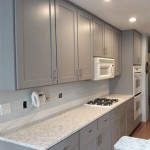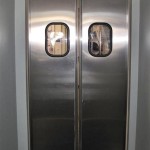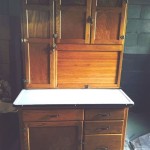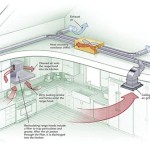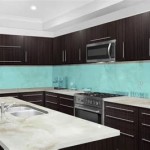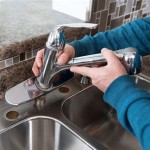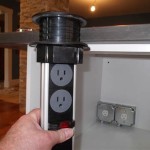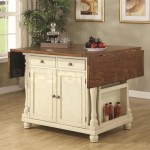If you’re considering upgrading your kitchen countertops to quartz, you’ll likely want to know about the cost involved. Quartz is one of the most popular materials for kitchen countertops, offering a range of benefits that include durability, low maintenance, and a wide variety of colors and textures. But quartz countertops also come with a price tag that may be higher than other materials.
Pros and Cons of Quartz Counters
Quartz countertops offer a variety of advantages when compared to other materials. They are highly durable and can stand up to the wear and tear of everyday use. Quartz is also nonporous, which means it won’t absorb spills or liquids and is easy to clean. Additionally, quartz comes in a wide variety of colors and textures, so you can find the perfect countertop to match your kitchen style.
However, quartz countertops also come with a few drawbacks. Quartz is more expensive than other countertop materials, such as granite, laminate, and solid surface. Additionally, quartz is heavy, making it difficult to install and requiring professional help. Finally, quartz countertops can be susceptible to staining or etching from acidic liquids.
Average Cost of Quartz Counters
The cost of quartz countertops will vary depending on the size, color, and style of the countertop. In general, quartz countertops can range from $50 to $100 per square foot, including installation. This is significantly higher than the cost of other countertop materials such as laminate, which can cost as little as $10 per square foot.
The cost of quartz countertops can also vary depending on the type of quartz you choose. Engineered quartz, which is a man-made material, is usually the most affordable option and can cost as little as $50 per square foot. Natural quartz, which is quarried from the earth, is more expensive and can cost up to $100 per square foot.
Factors That Affect Cost
The size of your countertops will also affect the cost of quartz. Larger countertops will require more material and labor, so they will typically cost more. Additionally, the complexity of the countertop design will affect the cost. Simple, straight edges are typically less expensive than curved edges or intricate designs.
Finally, the type of installation you choose will affect the cost of quartz countertops. Professional installation is the most expensive option, but it is also the most secure. DIY installation is less expensive but is more difficult and time-consuming.











![Cambria Countertops Cost [ Comparison with Home Depot/Lowes Quartz]](https://i2.wp.com/homesenator.com/wp-content/uploads/2020/09/Cambria-Prices-Per-Sq.-Foot-Cambria-vs-Home-Depot-Lowes-Quartz-scaled.jpg)



Related Posts

